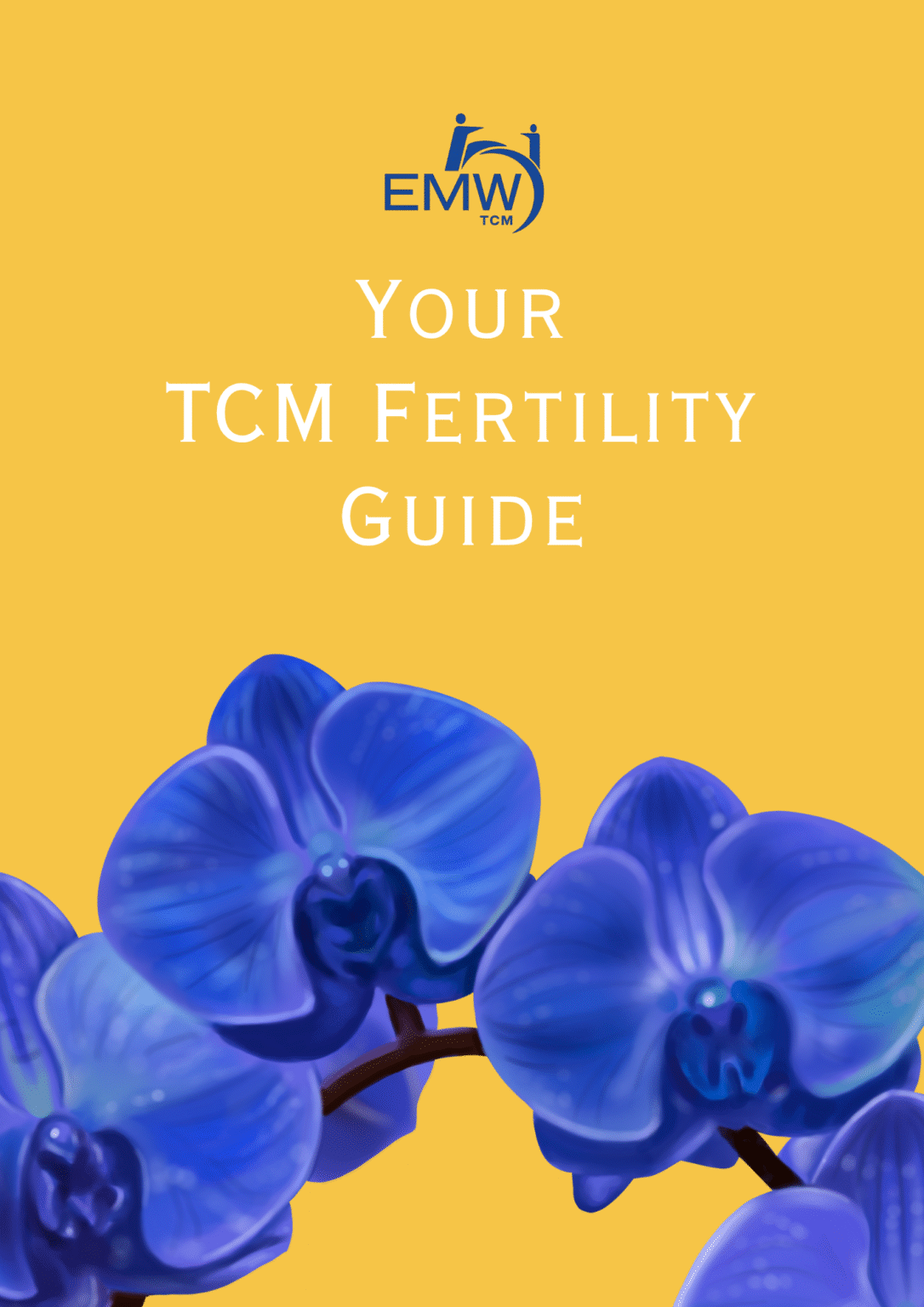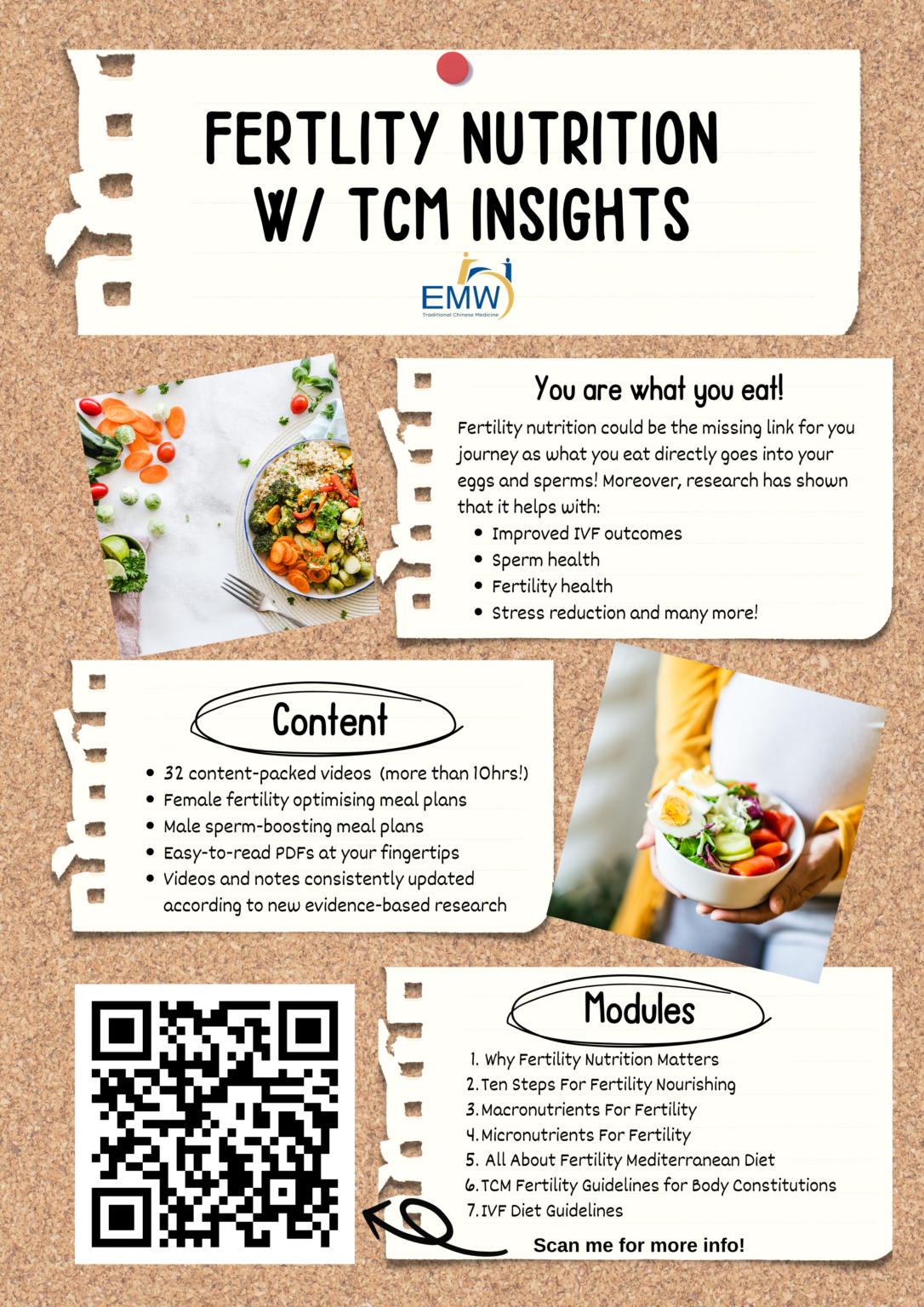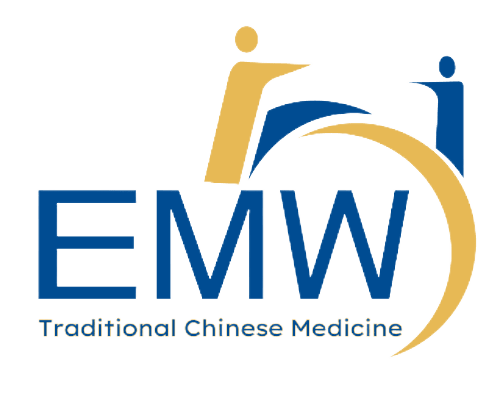Recurrent Miscarriage
TCM recurrent miscarriage acupuncture is increasingly sought by women who have experienced repeated pregnancy loss and are looking for a deeper, root-cause approach to fertility care.
Recurrent miscarriage is emotionally devastating, physically exhausting, and often accompanied by uncertainty, especially when standard investigations return “normal” results.
At EMW TCM, we support women with recurrent miscarriage using a structured, physician-led approach that integrates Traditional Chinese Medicine with modern clinical understanding.
Our goal is to stabilise the body, strengthen pregnancy foundations, and reduce the risk of further loss, safely and conservatively.

What Is Recurrent Miscarriage?
Recurrent miscarriage is typically defined as two or more consecutive pregnancy losses, often occurring in the first trimester.
From a biomedical perspective, possible contributors include:
Chromosomal abnormalities
Hormonal insufficiency (e.g. progesterone support issues)
Immune dysregulation
Poor uterine blood flow
Chronic inflammation or stress
However, many women are told that no clear cause can be found.
This is where TCM recurrent miscarriage acupuncture plays a complementary role, by assessing systemic patterns that are not always captured by conventional tests.
How TCM Understands Recurrent Miscarriage
In Traditional Chinese Medicine, recurrent miscarriage is never viewed as random.
It reflects an underlying instability in the body’s ability to hold and nourish a pregnancy.
Common TCM patterns associated with recurrent pregnancy loss include:
Kidney Qi or Kidney Essence deficiency (weak reproductive foundation)
Kidney Yang deficiency (uterine cold, poor implantation support)
Spleen Qi deficiency (inadequate nourishment of Blood)
Blood deficiency or Blood stasis (poor uterine circulation)
Liver Qi stagnation (stress-related hormonal disruption)
TCM recurrent miscarriage acupuncture focuses on correcting these root patterns, rather than treating pregnancy loss as an isolated event.
How TCM Recurrent Miscarriage Acupuncture Works
TCM recurrent miscarriage acupuncture supports pregnancy by improving systemic stability before conception and during early gestation.
Key mechanisms include:
1. Strengthening the Pregnancy Foundation
Acupuncture supports Kidney and Spleen function, which are essential for sustaining early pregnancy and reducing miscarriage risk.
2. Improving Uterine Blood Flow
Healthy Blood circulation to the uterus is critical for implantation and placental development.
Acupuncture may enhance uterine perfusion and endometrial support.
3. Supporting Hormonal and Neuroendocrine Regulation
TCM recurrent miscarriage acupuncture helps regulate the nervous system and stress hormones, which can affect progesterone signalling and early pregnancy stability.
4. Calming the Nervous System After Pregnancy Loss
Repeated miscarriage places the body in a chronic stress and grief response.
Acupuncture helps down-regulate sympathetic overdrive, allowing the body to return to a receptive, restorative state.

When Should You Start TCM Recurrent Miscarriage Acupuncture?
Ideally, TCM recurrent miscarriage acupuncture should begin before conception, not after a positive pregnancy test.
Recommended timing:
8–12 weeks pre-conception to rebuild constitutional strength
Continuation into early pregnancy (first trimester) with modified, pregnancy-safe protocols
Early stabilisation is critical, as most miscarriages occur before 12 weeks gestation.
Our Clinical Approach at EMW TCM
At EMW TCM, recurrent miscarriage care is structured, individualised, and physician-led.
Our approach includes:
Detailed fertility and miscarriage history review
Cycle-specific and pregnancy-safe acupuncture protocols
Focus on constitutional strengthening, not aggressive stimulation
Clear safety boundaries during early pregnancy
TCM recurrent miscarriage acupuncture at EMW TCM is gentle, conservative, and stabilising by design.
Chinese herbal medicine is prescribed only when appropriate and is carefully adjusted or paused once pregnancy is confirmed.
Is TCM Recurrent Miscarriage Acupuncture Safe?
Yes, when performed by trained and licensed TCM physicians.
At EMW TCM:
All treatments are administered by registered TCM doctors
Only pregnancy-safe acupuncture points are used
Treatment intensity is adjusted based on gestational stage
Safety is prioritised over stimulation at every stage.
Who Is This Suitable For?
TCM recurrent miscarriage acupuncture may be suitable for women who:
Have experienced two or more miscarriages
Have unexplained recurrent pregnancy loss
Are preparing for conception after miscarriage
Have stress-related or hormone-related fertility concerns
Want integrative support alongside medical care
Frequently Asked Questions (FAQ)
Can acupuncture really help prevent miscarriage?
Acupuncture cannot guarantee pregnancy outcomes, but TCM recurrent miscarriage acupuncture may support uterine blood flow, hormonal regulation, and nervous system balance, which are important factors in early pregnancy stability.
When is the best time to start acupuncture after a miscarriage?
Most women benefit from starting after the first post-miscarriage cycle, once bleeding has resolved. Treatment then focuses on recovery before future conception.
Is acupuncture safe during early pregnancy?
Yes. Pregnancy-safe acupuncture is commonly used in the first trimester to support implantation, reduce stress, and stabilise early pregnancy when done by trained professionals.
Do you prescribe Chinese herbs during pregnancy?
Herbal medicine may be used before conception. Once pregnancy is confirmed, herbs are adjusted or paused unless clearly indicated and safe.
Can this be combined with fertility treatments like IVF?
Yes. TCM recurrent miscarriage acupuncture can complement IVF or assisted conception, with protocols adjusted to align with medical timelines.
Why Choose EMW TCM for Recurrent Miscarriage Support
Physician-led fertility and pregnancy care
Conservative, safety-first protocols
Experience supporting recurrent pregnancy loss
Integrative approach aligned with modern fertility care
If you have experienced recurrent miscarriage and want structured, professional TCM support, EMW TCM is here to help.
Our TCM Flagship Ebook & Video Course


When to Seek Professional TCM Fertility Help
Fertility is not just a matter of age or hormones. It is a reflection of the body’s internal harmony. Traditional Chinese Medicine provides an integrative and natural way to restore this balance, supporting both physical and emotional readiness for conception.
At EMW TCM Singapore, our team of experienced physicians brings together centuries-old wisdom and modern evidence to guide your fertility journey. Whether you are trying naturally or preparing for IVF, we are here to help you create the best internal environment for new life to begin.
If you have been trying to conceive for more than six to twelve months, experience irregular menses, painful periods, or have been diagnosed with PCOS, endometriosis, or low sperm count, consider a consultation. Professional TCM fertility care aims to correct the underlying imbalance rather than simply forcing ovulation or hormone production.
Check out our links below to book your fertility consultation and begin your holistic journey toward conception.
EMW TCM Clinics
Scotts Medical Centre Branch
9 Scotts Road #10-04, Scotts Medical Centre @ Pacific Plaza,
Singapore 228210
Book Your Appointment With Us Here: +65 89585869
International Building Branch
360 Orchard Road, International Building #02-05/06
Singapore 238869
Book Your Appointment With Us Here: +65 89585869
Our Physicians
Principal TCM Physician
- M.Med(TCM Gynaecology)
- B.Sc(Hons) Biomedical Sciences
- Dip. Naturopath
- Ayurvedic Therapist(500hrs)
- Registered TCM Physician (Singapore MOH)
Senior TCM Physician
- M.Med(TCM Acupuncture & Moxibustion)
- B.Sc(Hons) Biomedical Sciences
- Certified Aromatherapist
- Registered TCM Physician (Singapore MOH)
TCM Physician
- M.Med(TCM Gynaecology)
- B.Sc(Hons) Biomedical Sciences
- Registered TCM Physician (Singapore MOH)
TCM Physician
- B.Med(TCM)
- B.Sc(Hons) Biomedical Sciences
- International Board-Certified Lactation Consultant (IBCLC)
- Registered TCM Physician (Singapore MOH)





